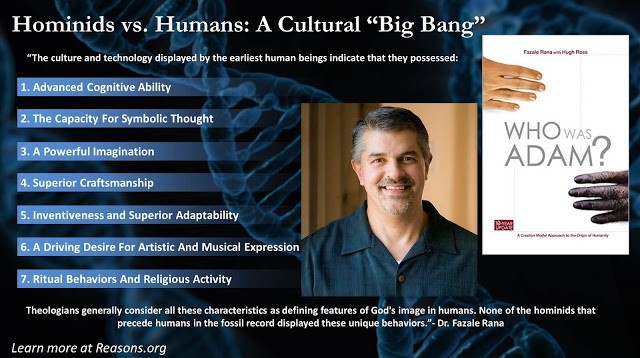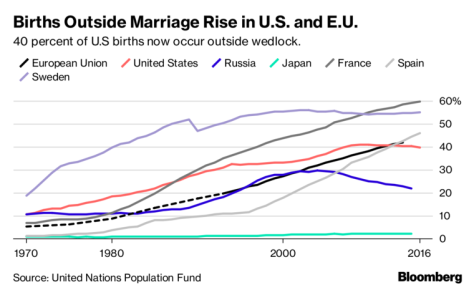Introduction
Whether humans possess intrinsic value or instrumental value is a debate that often runs parallel to discussions about the true worldview. This debate also often fuels the passion behind worldview discussions because it has implications for ethics and morality, which are directly tied to how people ought to live and how people ought to hold each other responsible to those expectations. Such accountability can take a range of forms from personal and private conversations to legal and very public repercussions. And because one’s politics are an extension of their ethics, the passion associated with politics is also added to the mix.
Because all the emotions that accompany ethical and political discussions can easily cloud the issue, it is important that it is approached more objectively and philosophically, if we are to have a calm and reasonable discussion. Today, I want to take a few minutes to examine the philosophical implications and examine some scientific evidence for one side to assist with bringing calm to this important debate.
Intrinsic Value
If humans are intrinsically valuable, then there are a set of objective (and even absolute) duties that cannot be violated. This view holds that humans possess objective value regardless of their situation, condition, social or economic status, skin color, sex, location, beliefs, or any host of other characteristics that people try to judge others’ value. This allows for objective condemnation and consequences of particular choices and behaviors, which many people do not appreciate, especially if they are accused of committing the atrocities. This view also makes even government and governmental officials responsible to the greater reality of this moral law, which justifies political reform- something that certain rulers and politicians do not appreciate.
Instrumental Value
On the other hand, if humans are merely instrumentally valuable, then treatment of them (regardless of the particular treatment- including murder, rape, torture, or any host of traditionally unthinkable treatments) can only be judged based on their utility towards a particular goal. This view permits the affirmation of the “goodness” of even the most egregious behaviors if a “greater” goal is in view. This view allows for anyone to be able to justify any behavior if they can make their goal sound good or acceptable. There is no objective standard by which to judge the morality of a behavior, only to judge its utility. There is also no objective standard by which to judge a particular goal. Since the goal is subjective, so is the behavior, and no moral judgment is actually permitted. This ultimately reduces to “might makes right:” whoever holds the power to punish holds the power to dictate what is “right” and what is “wrong.” Political reform has no justification other than a differing opinion of someone who may be able to challenge the power of those currently in power. If one holds to this view, they often confuse legality with morality.
The Christian worldview traditionally has held that humans possess intrinsic value in virtue of being created in the Image of God. If this is true, then the first set of implications described above are features of reality that all humans are subject to. Any worldview that cannot justify intrinsic human value is left with the second set of implications described. And, by necessary logical implication, if one wishes to appeal to intrinsic human value, they must justify that appeal by grounding intrinsic human value outside the human race.
Origins of The Image of God
If humans have intrinsic value, it had to come from somewhere (or Someone) outside of the human race. Otherwise, the value that is ascribed to humans is merely subjective and instrumental. As I have described in a previous post (Why Is The Image of God So Important), this discussion is tied to one’s view of human origins. If someone wishes to appeal to intrinsic human value, they must accept some type of connection between humans and an eternally existing, absolute reality that is outside of (and is not) this universe. The only thing that fits this description is the Creator God of the Bible.
In order to argue for the intrinsic value of humans, Dr. Fazale Rana offers several lines of evidence for the sudden appearance of the Image of God in life’s history (which happens to coincide with the sudden appearance of humans on the scene). He calls this sudden appearance a “cultural big bang”:
These pieces of evidence include:
Advanced cognitive ability
The capacity for symbolic thought
A powerful imagination
Superior craftsmanship
Inventiveness and superior adaptability
A driving desire for artistic and musical expression
He goes into great detail about the anthropological discoveries of scientists over the years in his book “Who Was Adam.” In the third section of the book, he addresses modern challenges to his conclusions and brings in the latest discoveries over the past decade. The cumulative, scientific case presented in the book for the Image of God coinciding with the appearance of the human race, by extension, is a powerful evidential case for humans possessing intrinsic value.
Conclusion
It is vital to a proper theory of ethics (and even politics) that we know whether humans possess intrinsic value or not. Ultimately, if humans are created in the Image of God, as argued by Dr. Rana, then the idea that humans possess intrinsic value accurately describes the reality of our species. If humans are intrinsically valuable, that serves as the foundation for how we ought to treat one another (ethics) and that further guides how we should govern one another. If humans are not created in the Image of God (do not possess intrinsic value), then all sorts of heinous treatment of them are permissible even by those who wield the most power (governments and politicians).
Recommended resources related to the topic:
Stealing From God by Dr. Frank Turek (Book, 10-Part DVD Set, STUDENT Study Guide, TEACHER Study Guide)
Legislating Morality: Is it Wise? Is it Legal? Is it Possible? by Frank Turek (Book, DVD, Mp3, Mp4, PowerPoint download, PowerPoint CD)
Do Ethics Need God? by Francis Beckwith (Mp3)
Luke Nix holds a bachelor’s degree in Computer Science and works as a Desktop Support Manager for a local precious metal exchange company in Oklahoma.
Original Blog Source: http://bit.ly/2mvkci2








